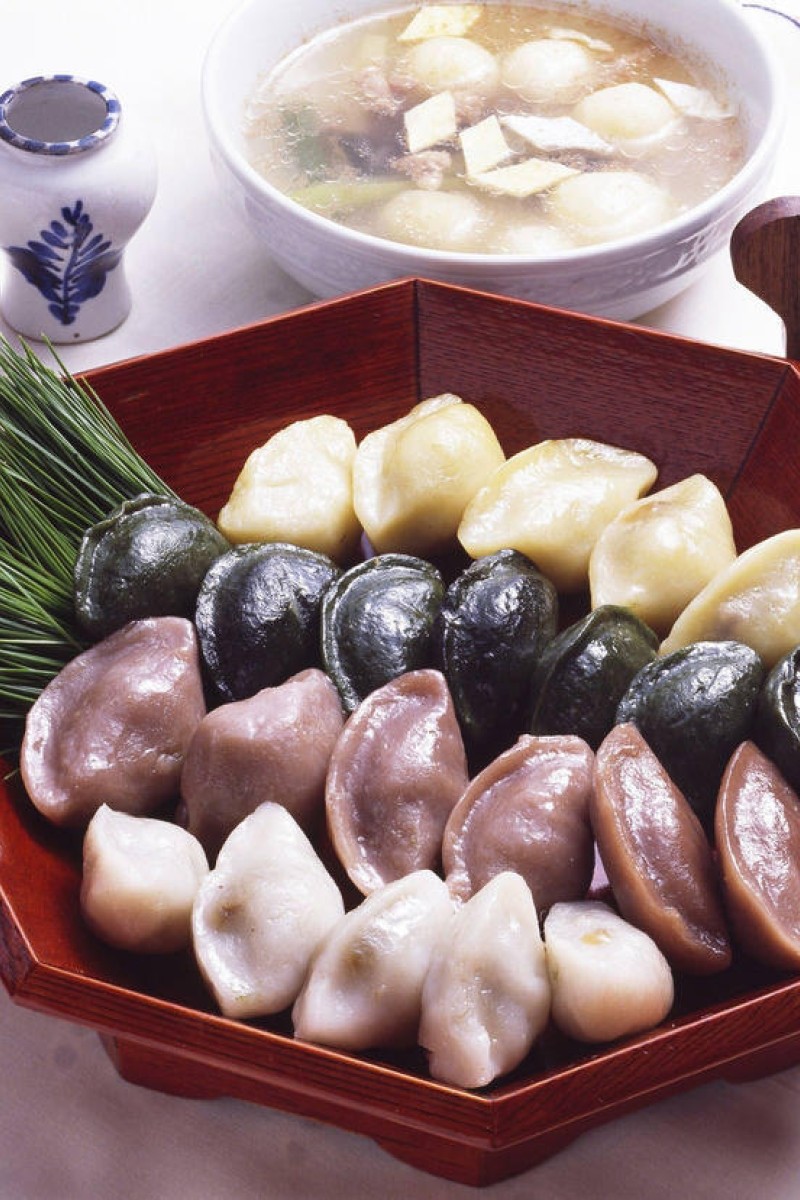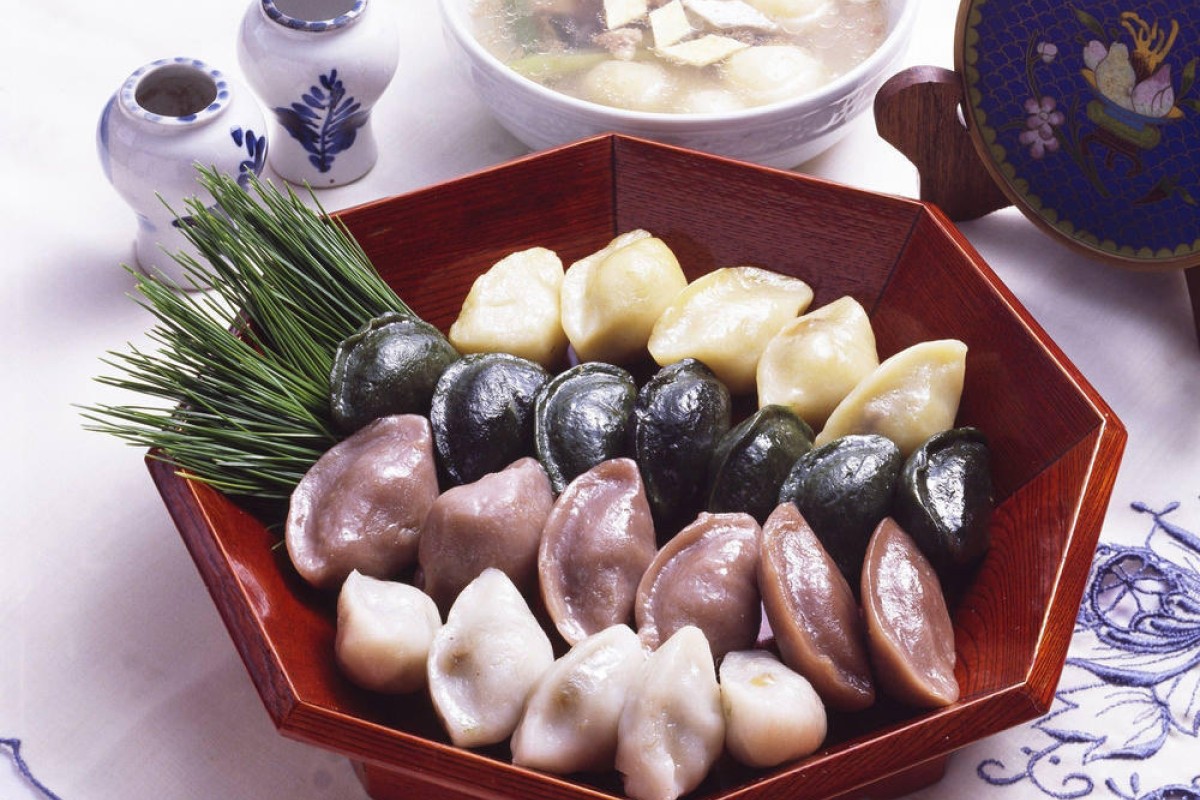
Move over, Mid-Autumn Festival, it's Korean Chuseok time!
Considering things from different perspectives makes life more interesting, so YP cadet Jimin Kang provides us with an insight into how Koreans traditionally celebrate the harvest festival
 Songpyeon is steamed in pine needles
Songpyeon is steamed in pine needlesWith the Mid-Autumn Festival around the corner, Hong Kong is slowly beginning to prepare for the season of rich mooncakes and inflatable lanterns. About 2,000km away however, Koreans are anticipating the arrival of the full moon for different reasons.
In Korea, the 15th day of the eighth lunar month marks an important national festival called Chuseok, also known as Hangawi.
As one of Korea's three major holidays - the others being Seollal (January 1) and Dano (a day of spiritual rites) - Chuseok is traditionally celebrated to thank the heavens for a successful harvest and to hope for another in the year ahead.
"Farmers in Korea harvest rice, the most important food in Korea [and East Asia], only once, and that's during Chuseok. It's because the weather is so good," says Kim Hye-won, director of The Cultural Studies Centre of East Asia. "The weather is so good that we even rescheduled the Summer Olympics for autumn when we hosted the Games in 1988."
Although Chuseok's roots are largely agricultural, in present-day Korea the festival is a time for people to visit family, eat traditional food and make offerings to deceased ancestors.
During the three-day national holiday, many city-dwelling Koreans travel to their hometowns to do just that.
Early each morning on those days, many families observe charye, a tea rite held to pay respects to deceased ancestors. After setting up food - usually tea, vegetables, soups, rice and meat - on a raised platform, family members gather together to bow several times - in a particular order depending on gender and age - to give offerings as thanks for the year past and wish for luck for the coming year.
However, charye isn't the only time people enjoy delicious food.
One homemade bite that has become almost synonymous with Chuseok is songpyeon, a traditional Korean rice cake stuffed with sweet fillings such as sesame seeds, honey, chestnut paste and red bean paste.
Although Chuseok is celebrated during a full moon, songpyeon is folded in a half-moon shape to symbolise the sweetness of the future even after the festival has passed.
"Song" means pine tree; after the rice cake is filled, it is steamed in a layer of pine needles. This creates a pattern on the outer layer and leaves a refreshing scent.
As well as the food, Koreans also enjoy cultural activities during Chuseok. Ganggangsullae is a traditional folk dance that was initially performed to bring about a fruitful harvest. It is a colourful routine that involves a group of women wearing Korea's national dress, the hanbok. They dance, hand in hand, in a circle while singing the nostalgic tune that is related to the dance. Variations are often added, with the women creating shapes or taking turns to dance in the middle.
Meanwhile, the men - and even some women - take part in ssireum. They compete in wrestling matches, aiming to pull any part of their opponent's body above the knee to the ground. This is achieved by latching onto the opponent's satba, a belt wrapped around the participants' waists and thighs. These two events are held all over the Korean peninsula, and many Koreans enjoy watching them not only for the symbolism but also for their entertainment value.
For Koreans, Chuseok is about celebrating life and appreciating family.
"When I was young, Chuseok was my favourite holiday because I got to see all my relatives and we would all catch up and make songpyeon together," says Kim.
"The weather is nice, you're with your family, and there's lots of food, so it's hard not to enjoy Chuseok."
